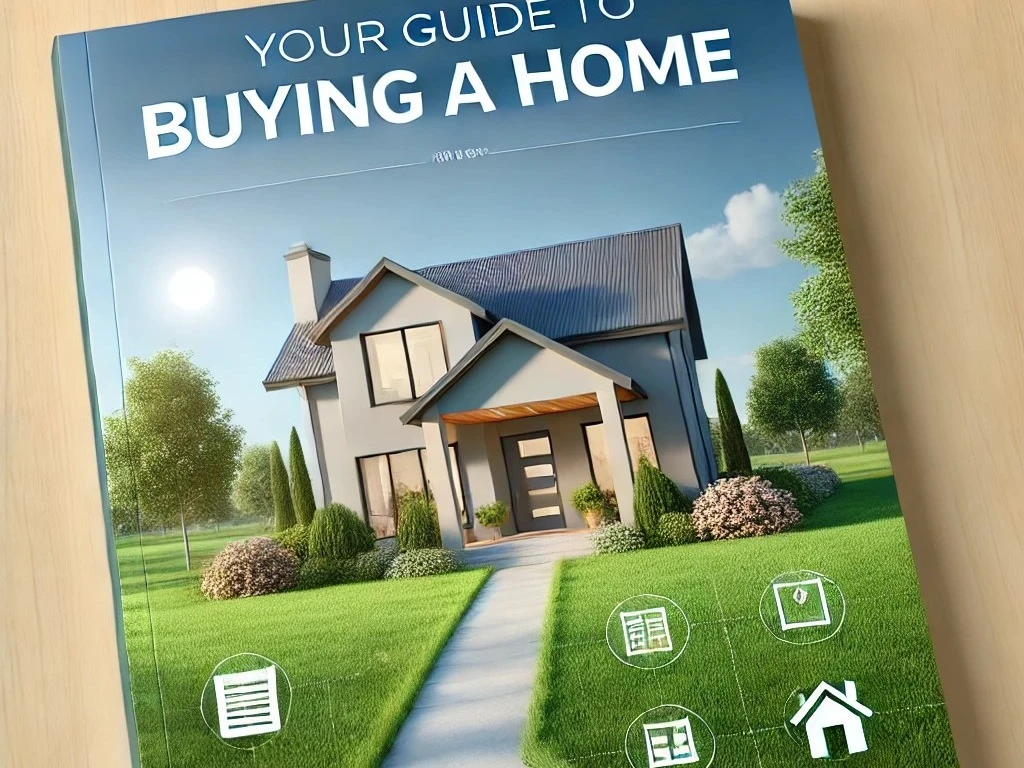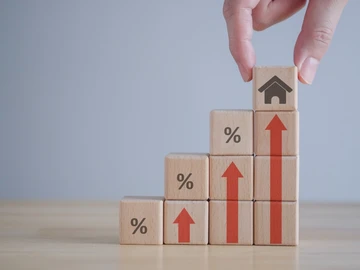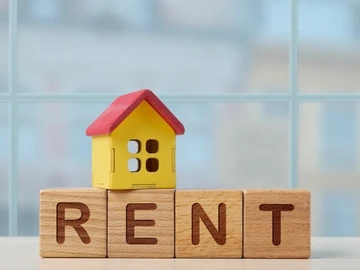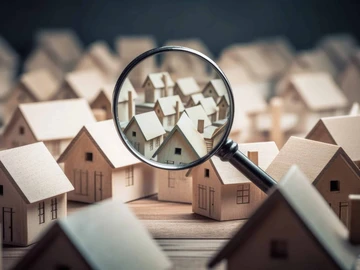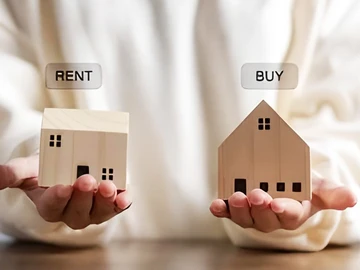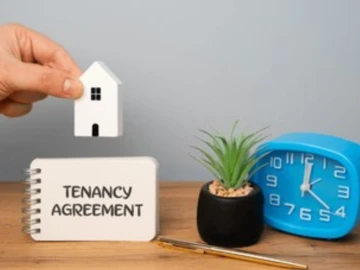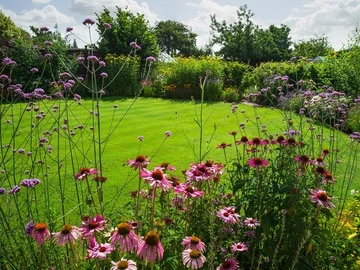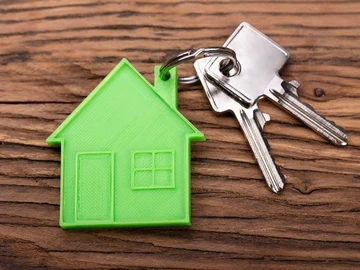Purchasing a second home is a significant financial decision that can offer various benefits, whether it’s for a vacation retreat, rental income, or long-term investment. In Zimbabwe, where the real estate market is evolving, owning a second home has become a popular option for individuals looking to expand their property portfolios. But before you dive in, there are several important factors to consider. Here’s a guide to help you navigate the process of buying a second home in Zimbabwe.
1. Determine the Purpose of Your Second Home
The first step in buying a second home is understanding why you want it. Your purpose will influence the type of property you buy, the location, and how you finance it. Here are some common reasons:
- Vacation Home: A second home in scenic areas like Victoria Falls or Nyanga is ideal for families looking for a holiday retreat. You can use the property for your own vacations and rent it out during the off-season to generate income.
- Investment Property: In cities like Harare or Bulawayo, buying a second home as an investment can be highly lucrative, particularly in high-demand neighborhoods. You can rent out the home long-term to tenants, creating a reliable income stream.
- Retirement Planning: Many buyers purchase second homes with the intention of using them as retirement properties. These homes are often located in quiet, scenic locations.
2. Evaluate Your Budget
Just like when buying your first home, knowing how much you can afford is critical when purchasing a second home. You will need to consider both upfront costs and ongoing expenses. Here's what to keep in mind:
- Down Payment: A larger down payment is often required for second homes. In Zimbabwe, down payments typically range from 10% to 20%, depending on the mortgage lender.
- Mortgage: If you plan to finance the home, be aware that mortgage terms for second homes can be stricter than for primary residences. Lenders often require higher credit scores and may charge higher interest rates due to the perceived risk.
- Additional Costs: Owning a second home comes with extra costs, such as property taxes, maintenance, utilities, and insurance. Make sure you factor these into your budget.
3. Choose the Right Location
The location of your second home is crucial, whether it’s for investment purposes or personal use. Consider the following factors when choosing a location:
- Proximity: For a vacation home, you may want it to be easily accessible from your primary residence. For example, a property within a few hours' drive can offer convenience and flexibility.
- Tourist or High-Demand Areas: If your goal is to generate rental income, opt for properties in tourist hotspots like Kariba or Vumba, or growing urban areas like Avondale in Harare. These areas tend to attract more renters, ensuring better occupancy rates and higher returns on investment.
- Infrastructure and Amenities: Make sure the property is near essential services like hospitals, schools, shopping centers, and reliable transportation. This is particularly important for rental properties.
4. Understand Tax Implications
Owning a second home can have different tax implications. In Zimbabwe, property owners are typically required to pay property taxes, which vary depending on the location and value of the home. If you’re generating rental income, be aware of income tax obligations as well.
Consult with a tax professional to understand the specific tax liabilities that apply to owning a second home and ensure you’re compliant with all local tax regulations.
5. Explore Financing Options
Financing a second home is usually more complex than buying your primary residence. Most lenders will require you to have a higher credit score, a more substantial down payment, and a lower debt-to-income ratio.
- Mortgage: Mortgage options for second homes in Zimbabwe are available, but they often come with stricter terms. Shop around for competitive interest rates and flexible repayment terms.
- Cash Purchase: Some buyers opt to purchase their second homes outright with cash, especially if the goal is to avoid high-interest rates and monthly payments.
- Consider Rental Income: If you plan to rent out the home, the rental income could help offset mortgage payments and other expenses. However, lenders may still require that you qualify for the mortgage without considering potential rental income.
6. Get the Right Insurance
Insuring a second home is slightly different from insuring your primary residence. You’ll need property insurance that covers damage, theft, and liability. Additionally, if you’re renting the home to tenants, you may want to consider landlord insurance to cover potential issues like tenant damage or unpaid rent.
7. Long-Term Value and Resale Potential
Before purchasing a second home, consider its long-term value and resale potential. Properties in growing markets or popular tourist areas tend to appreciate more quickly than those in remote or less developed areas.
- Real Estate Market Trends: Keep an eye on the local real estate trends in Zimbabwe. Areas with consistent development and improving infrastructure are more likely to offer better returns on investment.
- Future Plans: If you eventually plan to sell the home, choosing a location with high demand will increase your chances of selling it at a profit.
Conclusion
Buying a second home in Zimbabwe is a rewarding investment if done correctly. Whether you’re looking for a vacation retreat, rental income, or a long-term investment, careful planning and research are essential. By understanding your budget, choosing the right location, and exploring financing options, you can make a smart decision that benefits you both financially and personally.
For more information on available second homes and expert real estate advice, visit property.co.zw Zimbabwe’s No.1 property marketplace.
 Continue with Facebook
Continue with Facebook
 Continue with Email
Continue with Email

